What does Microbiome-Friendly mean for skincare?
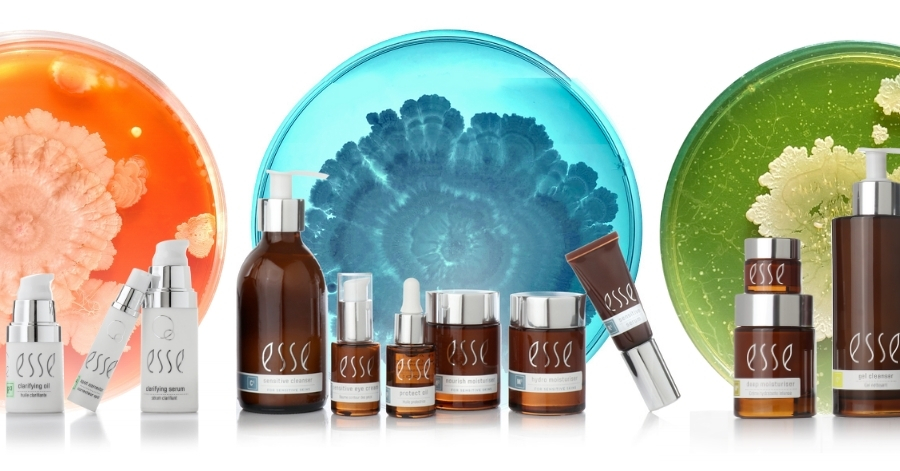
In the vast world of skincare marketing, the term "microbiome-friendly" is trending, and it carries with it the vague promise of products that won't harm the delicate balance of microorganisms on your skin. But what does it really mean, and should you trust the advertising of every product that makes these claims? Here, we're going to look into the concept, the formulation principles involved, and the potential problems with relying on what might be just a marketing hook.
Understanding "Microbiome Friendly": A Murky Definition
The concept of being "Microbiome friendly" (we keep putting that term in quotes) might seem straightforward at first glance, suggesting that a product won't negatively affect the health of your skin's microbiome. However, the skincare market operates in a largely unregulated environment, allowing brands to make many claims without clear standards. These claims are often called puffery, and they're an accepted marketing strategy for some companies, even though they can be exaggerated. Most importantly, these misleading promises don't align with the true needs of your skin's microbial community.Formulation Principles: Key Considerations for Microbiome-Friendly Products
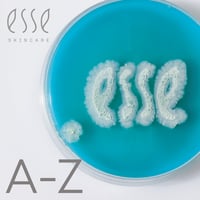 To determine whether a skincare brand truly follows microbiome-friendly principles, it's important to consider how products are formulated. Some key factors:
To determine whether a skincare brand truly follows microbiome-friendly principles, it's important to consider how products are formulated. Some key factors:pH Balance:
Skin microbes have evolved to flourish in the slightly acidic environment of the skin. A microbiome-friendly product should not disrupt this natural pH balance, ideally maintaining a level between 4.5 and 5.5. Achieving this balance can be a challenge, especially since emulsions (A combination of oil-based and water-based ingredients that create a stable mixture), are less stable at lower pH levels. Esse Probiotic Skincare products are all formulated at a pH of 5.0.
Preservatives:
Preservatives play a vital role in preventing microbial contamination in personal care products. However, using too high a concentration, or the wrong preservative system can harm the skin's microbial communities. Thoughtful formulation involves walking the tightrope between ensuring product stability and minimizing preservative activity so that the preservation system doesn't compromise the health of the skin's microbiome. Esse keeps the pH low, uses naturally occurring compounds at minimal levels, and has designed the formulation in such a way that preservatives break down during application on the skin. Synthetic Ingredients: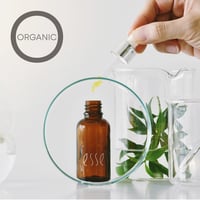
The skin's microbial ecosystem evolved without exposure to modern synthetic chemicals that are often in skincare products. Avoiding synthetic ingredients reduces the risk of disrupting the finely-tuned balance of the microbiome. Just like pollutants (plastic or industrial runoff) cause environmental damage in a forest or river, your skin's microbiome does better when it isn't bombarded with foreign substances.
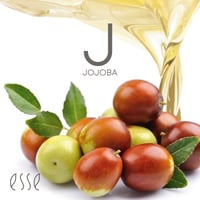 Oil Choices:
Oil Choices:
Human skin lipids (sebum) have a unique composition, and the skin's microbes have adapted to use them as their primary nutrient source. In a skincare formulation, carefully selecting natural oils that mimic the skin's lipid structures will support skin’s natural nutrient provision.
Microbiome-Modulating Ingredients: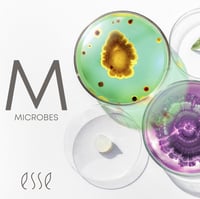
Of course, there’s a difference between simply doing no harm to the microbiome and actively improving its health. The use of Probiotics, Prebiotics, and Postbiotics (and other ingredients and strategies) to shift the microbiome in a beneficial direction is something that microbiome-conscious consumers should also keep an eye out for.
By understanding the key formulation principles and potential pitfalls, you empower yourself to make informed choices that benefit your skin's microbial community, and a healthy microbiome is essential to keep skin looking younger for longer.
To learn more about microbiome skincare, read more here. For professionals and business owners looking to dig deeper into modern skincare science, join our in-person education events with Esse Skincare, taking place April 8-12, 2024 in Windsor, Niagara Falls, Cobourg, Barrie & Ottawa.
